


Are Open Primaries the Answer?
Written By: Prof. Ofer Kenig
The volatile Israeli party system, together with several recent political developments, lately brought the idea of holding open leadership primaries to Israel. However, when considering the adoption of open primaries, one must also take into account their potential challenges and dangers.
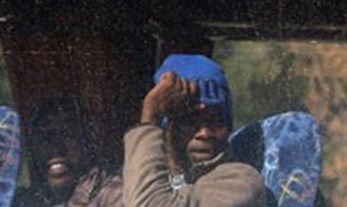
Netanyahu’s East Africa Visit: Negotiating Away Israel’s ‘Unwanted’ Asylum-Seekers
Written By: Dr. Ruvi Ziegler
Earlier this month, Prime Minister Benjamin Netanyahu concluded a visit to East Africa. Uganda is doubly symbolic in collective Jewish-Israeli memory. In 1903, the ‘Uganda proposal’ put the territory forward as a supposedly alternative site for Jewish self-determination; the Zionist Congress rejected it. And Uganda was also the site of the Entebbe raid on 3-4 July 1976, when an Israeli commando squad rescued 103 civilians being held hostage after a plane was hijacked en route from Israel to France.
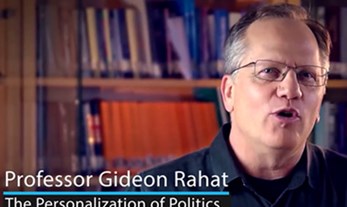
The Personalization of Politics
Written By: Prof. Gideon Rahat
Research Reel with Professor Gidon Rahat - The Personalization of Politics

As MK Expulsion Bill is Brought for Third And Fourth Reading ...
Today, the MK Expulsion Bill will be brought to the Knesset plenum for its third and fourth reading. The bill is an amendment to the Basic Law on the Knesset, which will enable the expulsion of a legally elected MK from Knesset by a vote of 90 out of 120 MKs.
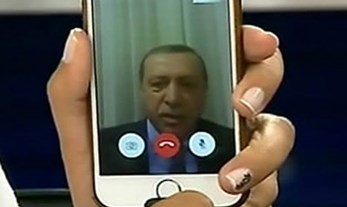
The Real Reason for the Turkish Coup’s Failure
Written By: Dr. Tehilla Shwartz Altshuler
Dr. Tehilla Shwartz Altshuler argues that the main reason the coup in Turkey fizzled is not because of Erdogan’s FaceTime message, but because he had been anticipating this putsch for quite a few years and had arranged the entire legal apparatus that governs the relationship between the Turkish government and the media accordingly.

Israel's Battle for Peace Between Religion and State
Written By: Yair Sheleg
The relationship between religion and state in Israel is stormy. Lately, it seems the ultra-Orthodox have launched a new offensive on several fronts. This op-ed was originally published by JNS.org.
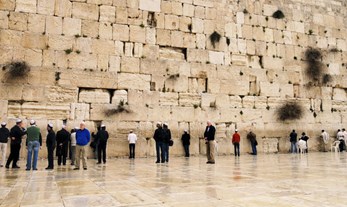
Time to Allow Everyone to Worship at the Foot of the Temple Mount as they Wish
Written By: Prof. Yedidia Z. Stern
No aspect of the current Western Wall plaza arrangement, in which the Orthodox maintain a monopoly, will change if other denominations are allowed to pray at the foot of the Temple Mount in a new plaza. This article was first published by The Jerusalem Post.

Israel’s Agreement with Turkey: Does it Protect IDF Soldiers from Prosecution?
Written By: Prof. Amichai Cohen, Adv. Tal Mimran
Prime Minister Benjamin Netanyahu announced recently that Israel and Turkey had reached an agreement leading to reconciliation between the two countries – and the Knesset approved the deal. Now the question becomes: will the deal have the impact Israeli soldiers are hoping for? Originally published by the Jerusalem Post.
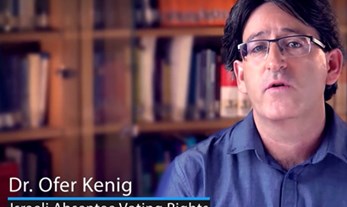
Absentee Voting Rights
Written By: Prof. Ofer Kenig
Research Reel with Dr. Ofer Kenig - The Absentee Voting Rights
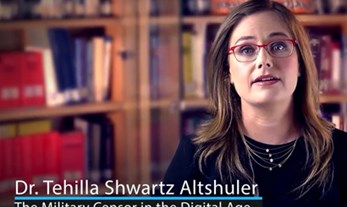
The Military Censor in the Digital Age
Research Reel with Dr. Tehilla Shwartz Altshuler - The Military Censor in the Digital Age

55% of the Jewish Public Prefers Continued Israeli Rule Over the Palestinians
IDI's Guttman Center for Surveys examines Israelis' attitudes towards the continued presence in the territories as we move into the 50th year following the Six Day War. Participants discuss the security situation, their factual knowledge of the situation in the West Bank, and their predictions for the future of the territories.
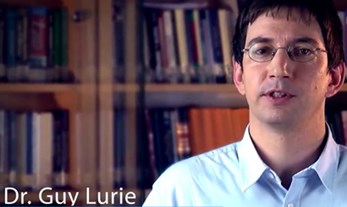
The Role of the Attorney General
Written By: Dr. Guy Lurie
Research Reel with Dr. Guy Lurie - The Role of the Attorney General
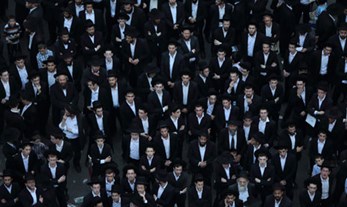
The ‘Religionization’ of Israel is Troubling, but the Fears About it are Hysterical
Written By: Dr. Shuki Friedman
Israel is a Jewish and democratic state. These two characteristics are critical to the country’s existence. This article originally appeared on JTA.org.
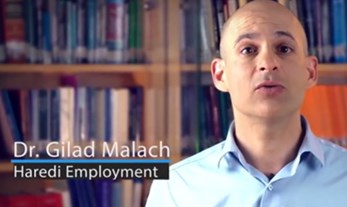
Haredi Employment
Written By: Dr. Gilad Malach
Research Reel with Dr. Gilad Malach - Haredi Employment

An Israeli Shabbat
Written By: Dr. Shuki Friedman
What does Shabbat and its observance look like in the State of Israel? Can every individual enjoy this day of rest in the way he/she chooses? Are there actually individuals who are forced to give up Shabbat as a result of a lack of choice or economic coercion? IDI scholar Dr. Shuki Friedman explains in this article which originally appeared on eJewish Philanthropy.
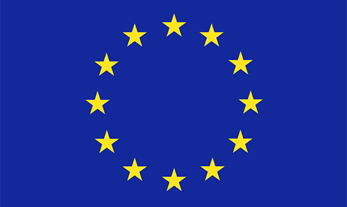
Britain's Referendum: Democracy at its Finest or Crass Populism?
Written By: Dr. Dana Blander
In Britain, nationwide referendums are a rare event. This development highlights an issue that many of today's democracies are struggling with: the ongoing tension between direct and representative democracy. Is a national referendum a shining example of the democratic ideal put to practice, or does it represents deterioration to cheap populism?
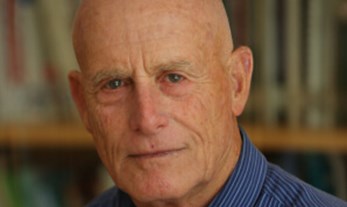
Could Profiling Prevent Another Orlando Shooting?
Written By: Story Hinckley
Often missed in the civil liberties debate over profiling is evidence that shows it is not effective. But proponents point to Israel, whose airport screening has kept it free of attacks since 1972.

Trump, Clinton and the King of Moab
Written By: Prof. Yedidia Z. Stern
What do the two candidates for the American presidency — Hillary Clinton and Donald Trump — have in common? Almost nothing at all — except that their children are married to Jews. This op-ed by Yedidia Stern originally appeared in the Jewish Journal.
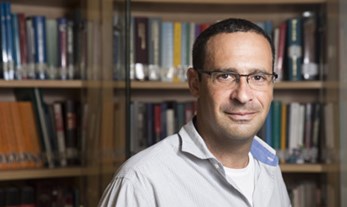
One Judaism, Two Nations
Written By: Dr. Shuki Friedman
The Jewish people have been debating questions of Jewish identity and the definition of "who is a Jew" for thousands of years. While this debate has worn different faces and taken on different shapes at different times, it is a debate that has weighed on all sects and sectors of Jewish society. However, with the formation of the State of Israel, and especially over recent years, there is a palpable feeling that there are two nations caring out separate and different discussions. One lives and operates out of Israel; the other is overseas. This op-ed originally appeared in the Jewish Week.
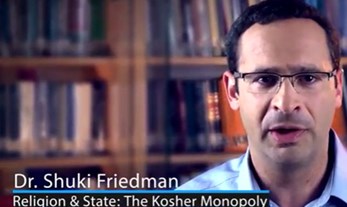
The Kosher Monopoly
Written By: Dr. Shuki Friedman
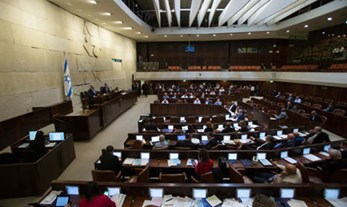
MK Suspension Bill: Anti-Democratic to the Core
Written By: Dr. Amir Fuchs
Last week, the Knesset Law, Constitution and Justice Committee began deliberating over a proposal that would fundamentally alter the Basic Law – The Knesset: The MK Suspension Bill. If passed, the proposed bill would grant members of Knesset the power to remove another parliamentarian. This op-ed originally appeared in the Jerusalem Post.

38% of C-Suite Businesspeople Don't Believe the Business Press is Truly Independent
An Israel Democracy Institute survey of 76 top Israeli businesspeople (C-suite) revealed that only 59 percent believe the Israeli business press is truly independent. The survey, shared during the final session of IDI's Eli Hurvitz Conference on Economy and Society also showed that a minority (38%) believe that the business press influences the Israeli economy.

Bank of Israel's Karnit Flug: 'Ensure More Ultra-Orthodox Males Receive a Complete Secular Education'
srael's GDP is 40 percent lower than that of the U.S. and its level of productivity is 33% less than most OECD countries, according to a presentation by Dr. Karnit Flug, governor of the Bank of Israel.

Minister Shaked: 'When a Minister is Elected, He Has to Lay the Railroad Tracks, Not Just Drive the Engine'
Justice Minister Ayelet Shaked used her platform at IDI's Eli Hurvitz Conference on Economy and Society to define good governance.
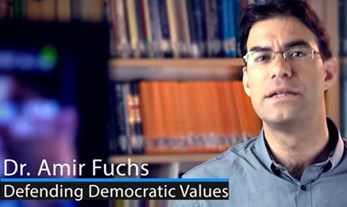
Defending Democratic Values
Written By: Dr. Amir Fuchs
Research Reel with Amir Fuchs: Defending Democratic Values
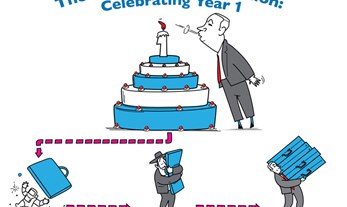
The Cabinet in (com)Motion
May 14 marked the one-year anniversary of the fourth Netanyahu government. According to IDI researcher Dr. Ofer Kenig, "it is safe to say this cabinet has broken a record for internal instability."

The Jewish Happiness Index
Written By: Prof. Yedidia Z. Stern

Passover To Independence Day: From Miracles To Responsibility
Written By: Prof. Yedidia Z. Stern
The transition between Passover and Israel’s Independence Day is a symbolic transition from a holiday that centers on Godly miracles to a holiday that centers on human actions.


